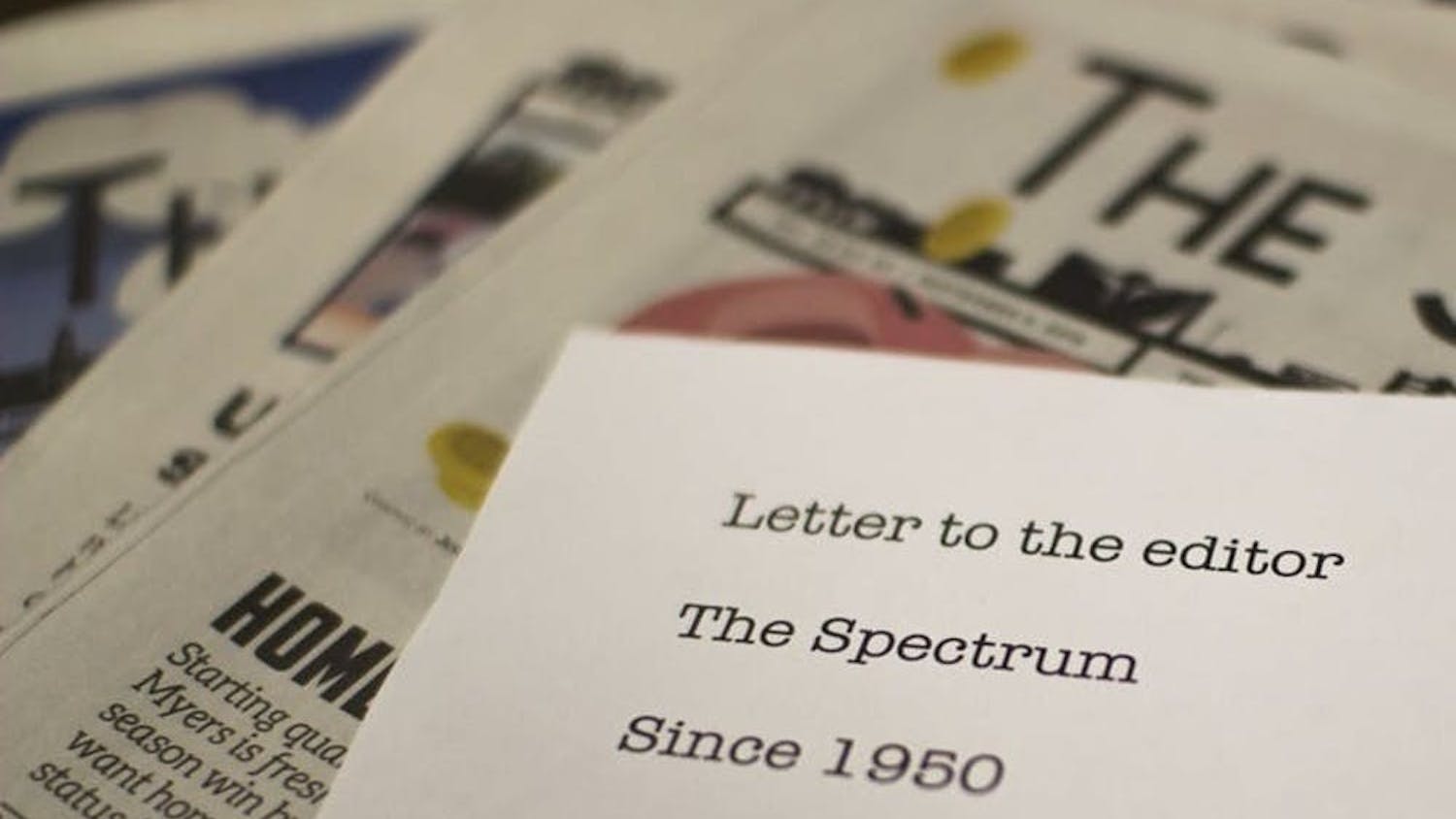This isn't exactly something that a free credit report can fix.
Monday turned out to be a historic day, as Standard & Poor's changed its outlook on the U.S. credit rating from "stable" to "negative," an outlook that the U.S. has never received since the S&P started assigning them. The announcement caused a small panic in the financial markets that sent all of the major market indicators dropping by over 1 percent.
S&P adds no new information to the issue, however. After giving "A" ratings to the mortgage-backed securities that all but shattered the US economy, it's difficult to take its rating seriously. Credit is based on ability to pay, and regardless of debt levels, the U.S. debt is based in U.S. dollars. Since we print the currency, it's all but impossible for us to actually default. This obviously opens up issues about inflation but our ability to pay is a separate issue.
This act painfully underscores our need to arrive at a workable compromise over the national debt soon.
Most pressing is the issue of the debt ceiling, a kind of limit on the amount of debt that the U.S. can have. Currently the debt ceiling sits at $14.3 trillion and will be used up by March 16, at which point the Treasury would have to resort to extraordinary measures to stay afloat, buying a mere eight weeks.
While it's obvious that a deal on the 2012 budget will be all but impossible to reach by that date, it would be unacceptable for our government to fail in raising the debt ceiling by the March deadline.
Allowing the U.S. to default on its loans would ram three spikes into the heart of the economy. First, it would increase the cost of further borrowing. Not only would we still need to borrow money, it would cost even more to do so, and the debt would only accelerate in its growth.
Second, it would cause many foreign economies to suffer immensely, as many nations and individuals have U.S. bonds, which are at this point considered as safe as cash. This massive loss of money would butcher trade relations with many nations that would get burned by the massive default.
Republicans have tried to place the blame for the massive debt on the Democrats, and in return for their vote, Republicans want major concessions. While a commitment to reigning in the national debt is obviously important, using the debt ceiling as blackmail to get party policies passed is more than arrogant and completely irresponsible.
The plan that Republicans have proposed to reign in the debt is a plan to cut $4.4 trillion from the national deficit by cutting into Social Security and Medicare. What is absent from their plan, however, are any tax increases. President Obama's plan cuts $4 trillion from the deficit and is a mix of budget cuts and tax increases, mainly through the rolling back of the Bush tax cuts, which he extended last year.
The idea that we can go on just slashing our way through the national budget without any tax increases is a fantasy. In order to balance the budget, 40 percent of it would need to be cut, which amounts to all discretionary spending, including defense.
What's most apparent is that the U.S. government must find a way to come together on a plan to control the national debt. Whether or not the S&P ‘s credit outlook for the U.S. is justified or not, it is an indication that the partisan deadlock is bound to cause damage if its current path is kept.




